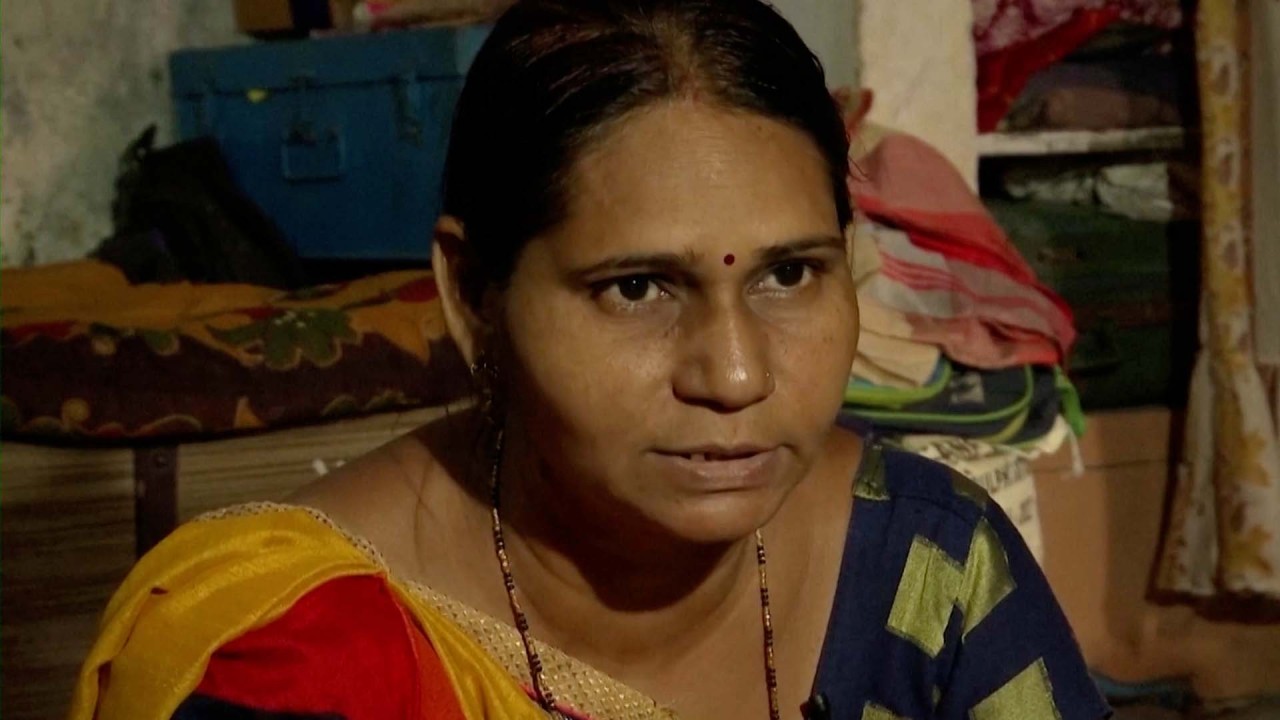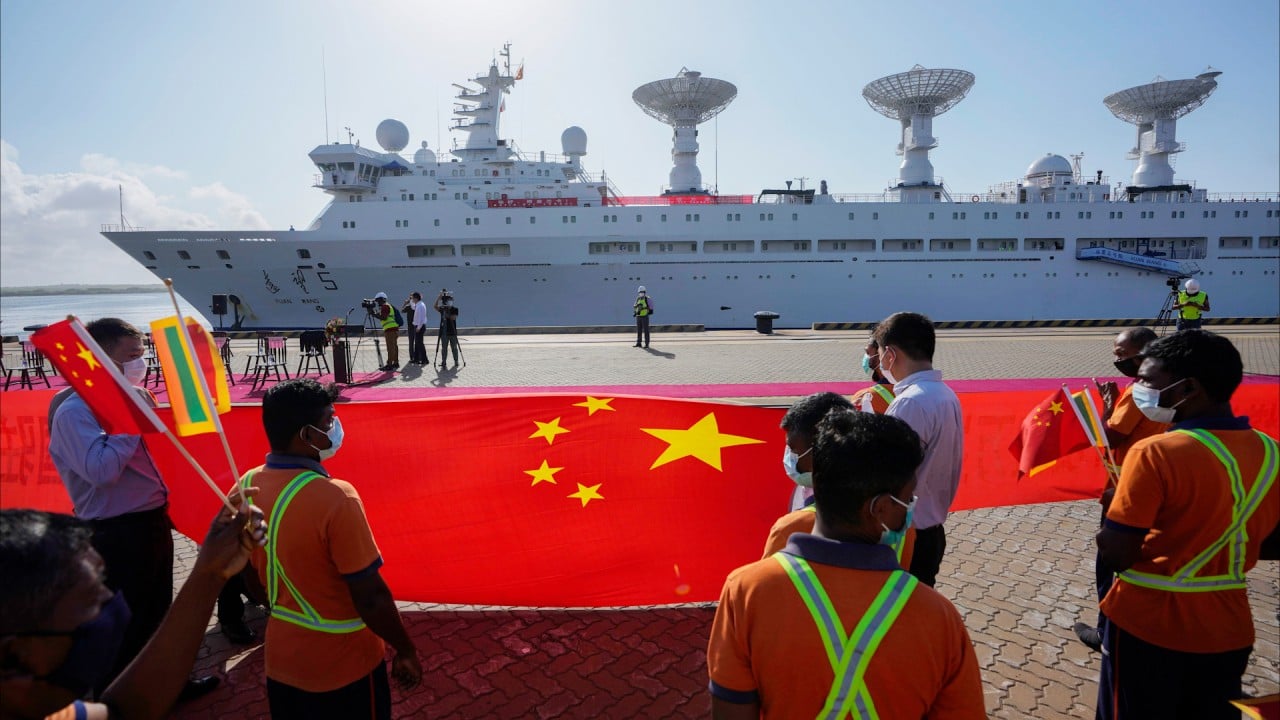China’s solar power prowess can truly shine in energy-starved Africa – South China Morning Post
This is because solar power benefits from a powerful positive feedback loop. As solar panel deployment increases, economies of scale kick in, driving down manufacturing costs. These lower prices make solar energy more accessible and attractive, boosting demand. Increased demand fuels more investment and innovation, making solar technology even more efficient and affordable. This self-reinforcing cycle propels the exponential growth of solar power.
Given solar power made up less than 6 per cent of global electricity generated last year, the greatest growth is still to come. Solar power is expected to generate more electricity than gas-fired power plants in 2030 and coal-fired ones by 2032 – and could become our biggest electricity source in a decade.
But two key obstacles stand in the way of even faster adoption of solar power: storage and long-distance transmission.
But regulatory frameworks and market-based pricing mechanisms are just as important. For much of the West, solar power is just another option in the green energy transition. But for many in the energy-poor Global South, it represents the initial access to grid electricity.
About 43 per cent of Africa’s population, or 600 million people, lack access to reliable electricity, which is also the main business constraint cited by 40 per cent of African companies in a survey. Unsurprisingly, renewable energy mini-grids have mushroomed in Africa with the growth of the distributed renewable energy (DRE) sector. Large factories are getting “inside the fence” captive power; more than 400 million Africans access electricity via solar home systems.
In April, the World Bank and African Development Bank announced a plan to provide electricity access to at least 300 million people in Africa by 2030, mostly through DRE systems. If successful, Africa could become a world leader in the new paradigm of distributed power, bypassing years of uncertain waiting for state grids to expand.
For China, this could be a pivotal moment to transform its role in Africa’s burgeoning solar energy market. It could move beyond supplying equipment to embrace a role as a developer and operator of solar energy projects, capitalising on its complementary strengths in solar PVs, batteries and mobile payment.
Solar energy operations not only promise to be more economically viable, they also have social impact. And the modular and scalable nature of solar installations allows for adaptive deployment, ranging from small off-grid systems to large utility-scale projects. The much shorter implementation times offer quicker returns on investment. It also allows for greater private-sector involvement and reduces dependence on state entities, streamlining project development and increasing efficiency.
To be successful, Chinese companies would need to develop new competencies in navigating the regulatory environment, managing stakeholders, developing innovative business models and mastering intercultural partnerships.
By making a decisive shift from infrastructure construction to spearheading the continent’s green electrification, China can catalyse Africa’s sustainable industrialisation.
This business-driven approach to distributed solar power has the potential to illuminate millions of lives and energise economies – cementing China’s role as Africa’s indispensable partner. In doing so, China will not only help unlock Africa’s vast potential but also show a new course for inclusive South-South cooperation.
Winston Mok, a private investor, was previously a private equity investor



